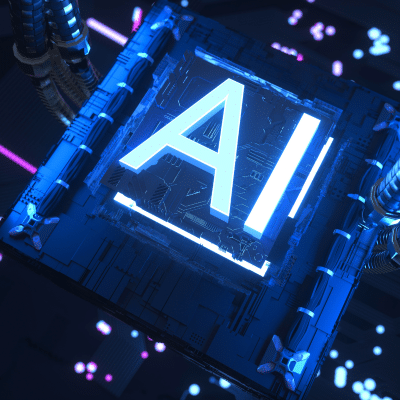|
Getting your Trinity Audio player ready...
|

Artificial Intelligence (AI) is undeniably reshaping the landscape of healthcare, introducing transformative advancements that promise to revolutionize patient care. With its ability to analyze vast datasets, AI is enhancing diagnostic accuracy, enabling early disease detection, and personalizing treatment plans based on individual patient characteristics.
10 Ways (AI) is Being Applied in Healthcare:
- Medical Imaging and Diagnostics:
- AI is used to analyze medical images such as X-rays, MRIs, and CT scans. AI algorithms can detect abnormalities, assist in early disease diagnosis, and provide insights for radiologists, leading to faster and more accurate diagnoses.
- Drug Discovery and Development:
- AI accelerates drug discovery by analyzing vast datasets to identify potential drug candidates and predict their effectiveness. This reduces the time and costs associated with bringing new medications to market.
- Personalized Medicine:
- AI analyzes individual patient data, including genetic information, to tailor treatment plans based on a person’s unique characteristics. This enables more precise and effective medical interventions.
- Predictive Analytics and Early Detection:
- AI algorithms analyze patient data to identify patterns and predict potential health issues. This allows for early detection of diseases, enabling proactive interventions and preventive measures.
- Virtual Health Assistants and Chatbots:
- AI-powered virtual assistants and chatbots provide patients with information, answer queries, and offer guidance on managing health conditions. They also streamline administrative tasks for healthcare providers.
- Robot-Assisted Surgery:
- AI-driven robotic systems assist surgeons in performing complex surgeries with precision and efficiency. These systems can enhance the surgeon’s capabilities and improve patient outcomes.
- Health Monitoring and Wearables:
- AI integrates with wearable devices to monitor and analyze real-time health data. This health tracking is helpful in early detection of abnormalities, and promoting preventive healthcare.
- Natural Language Processing (NLP) in Healthcare Records:
- NLP helps extract valuable insights from unstructured healthcare data, such as clinical notes and medical records. This enhances data utilization for research, decision-making, and improving patient care.
- Remote Patient Monitoring:
- AI enables remote monitoring of patients, especially those with chronic conditions. This facilitates timely interventions, reduces hospital readmissions, and enhances overall patient care.
- Fraud Detection and Healthcare Management:
- AI is employed for fraud detection in healthcare claims and financial transactions. Additionally, AI systems optimize healthcare management by improving resource allocation, scheduling, and workflow efficiency.
While AI offers transformative benefits in healthcare, it also poses challenges related to data privacy, ethical considerations, and the need for regulatory frameworks. Striking a balance between leveraging AI for healthcare advancements and ensuring patient safety and privacy is crucial for the responsible adoption of these technologies.
Learn more about TWINTEL or call us at (888) 428-0599 or schedule a meeting today.
Click Here To Claim Your FREE Assessment and Action Plan
Mark Johnson is a passionate technology professional with over 11 years of experience in the Managed Services IT space and a wide variety of industry-leading certifications. Mark’s extensive Managed IT experience and aptitude for quickly learning and adapting to new technologies has equipped him to offer valuable insight across a broad spectrum of business technology solutions.
